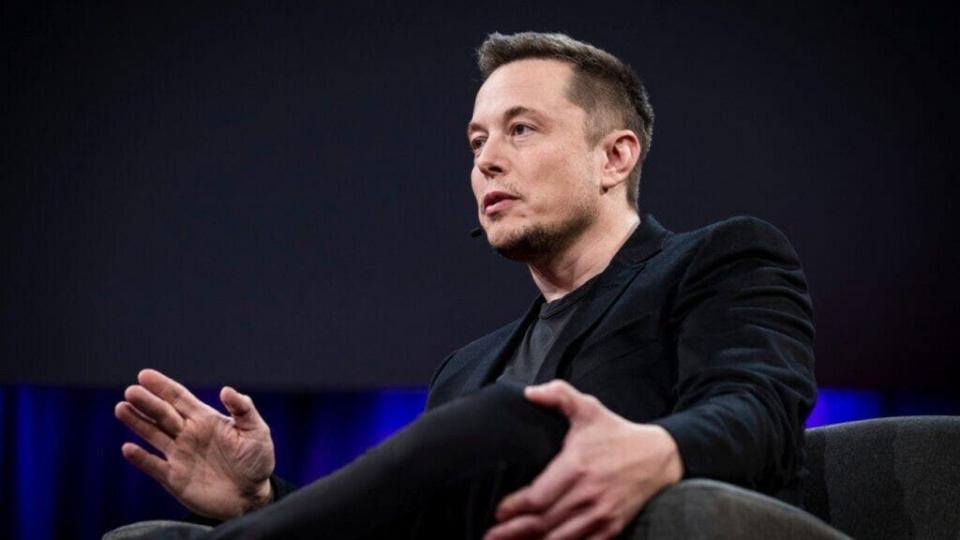Elon Musk recently made a statement comparing the government to the DMV, saying “The government is the DMV at scale. How much DMV do you want? That’s the question people should ask themselves.” This statement came in response to a sarcastic tweet suggesting that billionaires should sell their companies and give the proceeds to the government for better allocation of capital.
Musk’s analogy highlights the frustrations many people have with government inefficiency, using the DMV as a prime example. The DMV, known for its long lines, confusing processes, and lackluster customer service, has become a symbol of government bureaucracy and frustration. By questioning how much government people really want in their lives, Musk is asking them to consider if they are willing to deal with more of the same problems seen at the DMV on a larger scale.
Many people resonate with Musk’s comparison, as they have likely experienced similar frustrations at the DMV or other government offices. The DMV serves as a metaphor for how some view government operations as a whole, highlighting inefficiencies and shortcomings. However, some argue that despite its flaws, the government plays a crucial role in providing essential services and meeting basic needs for everyone, such as public education, health care, infrastructure, and more.
While the DMV is often criticized for its inefficiencies, not everyone has had negative experiences with the agency. Some individuals have shared positive experiences, such as quick and efficient service at the DMV when renewing their licenses. These outliers suggest that not all government interactions are unpleasant and that there are instances where the system functions effectively. It’s essential to consider both perspectives when evaluating the role and effectiveness of government agencies.
Overall, Musk’s comparison sparks a debate on the role of government and how much intervention people desire in their lives. The analogy between the DMV and the government prompts individuals to reflect on their experiences with government agencies, weighing the benefits of public services against the frustrations of bureaucracy. Ultimately, the question of “How much DMV do you want?” encourages critical thinking and discussion on the role of government in societal functions and services.


